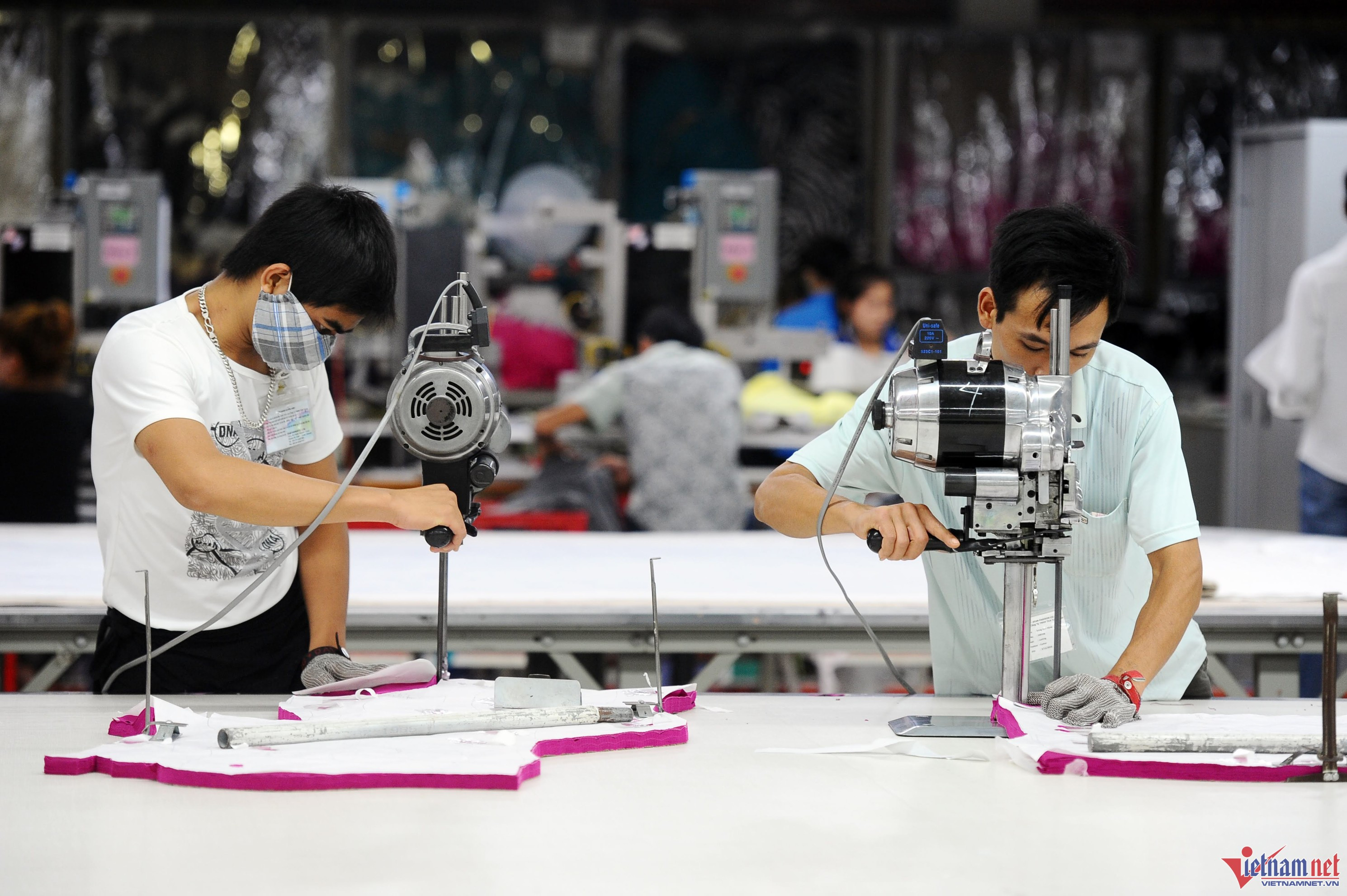
Long-term investment commitments
In July 2021, Panasonic celebrated the 50th anniversary of joining the Vietnamese market. At that time, Covid-19 was still a hot keyword. Marukawa from Panasonic Vietnam said he still has haunting memories about the time when the enterprise, like many others, had to organize production under the ‘three on-site’ model and deal with travel restrictions.
Vietnam has successfully controlled Covid-19 thanks to its intense vaccination campaign and has recovered production and business at a higher speed than other Asian countries.
“I am particularly impressed and inspired by the resilience and strong recovery of Vietnam, as well as the hard work and dedication of Vietnamese workers,” he said at the conference between the Prime Minister and foreign invested enterprises (FIEs) last month.
While admitting the severe damage to business caused by Covid-19, Panasonic still considers Vietnam a strategic market for the company's commitments for the next 50 years.
Other foreign corporations have also made long-term commitments with promising projects. Samsung Electro-Mechanics Vietnam (SEMV), for example, has pledged additional investment of $1.2 billion.
Speaking about foreign direct investment (FDI) in the first nine months of the year, Nguyen Bich Lam, former director general of the General Statistics Office (GSO), commented that this has been a bright spot in the economy.
The implemented FDI capital in the first nine months of 2022 was estimated at $15.43 billion, the highest 9-month figure in the last five years, which represented a 16.3 percent increase compared with the same period last year.
Of this, investment in the manufacturing and processing industry reached $12.05 billion, amounting to 78.1 percent of total FDI capital.
“The figures about FDI and import-export activities show that foreign investors have high confidence in the Vietnamese investment environment and the important position of Vietnam in the global supply chain,” Lam said.
He said that the improved business environment, investment and international trade in the first nine months of the year are why international institutions have given positive assessments about Vietnam’s economy.
Moody’s, for example, has raised Vietnam’s credit rating from Ba3 to Ba2, with a "stable" outlook. Nikkei Asia has ranked Vietnam second in its global Covid-19 Recovery Index after ranking it 121st, the last position on the list, in September 2021.
Vietnamese corporations have been reviving, PetroVietnam now can sigh with relief after a difficult period in 2029-2021. Its total revenue in the first nine months of the year reached VND698.3 trillion, an increase of 56 percent compared with the same period last year.
Hoa Phat Group, which faced difficulties in consumption, has reported an output of 6 million tons of raw steel. Its growth rate was 13.67 percent in Q3 and 8.83 percent in the first three quarters.
Minister of Finance Ho Duc Phoc said macroeconomic indicators are positive and the predicted the gross domestic product (GDP) growth rate is 7 percent this year, while the consumer price index (CPI) increase would be about 2.58 percent, below the 4 percent limit set by National Assembly.
The public debt is about 44 percent, within the safety line (60 percent), and the warning threshold 55 percent. State budget over-expenditures are below 4 percent.
“I can say for sure that the macro economy and public debt management indexes are good this year,” Phoc said.
Businesses hurt
However, Lam pointed out that difficulties are still ahead.
He cited the consequences of Covid-19, the Russia-Ukraine conflict, and the decisions by the US Federal Reserve (FED) and central banks on raising interest rates which has caused the US dollar to appreciate sharply against other currencies and affected the Vietnamese dong.
Meanwhile, Vietnam’s economy heavily relies on imported materials. The appreciation of the dollar amid the global supply chain disruption has had a big impact on production and has increased pressure on inflation.
Because of supply chain disruption and the consequences of sanctions imposed by the US and western countries on Russia, the prices of essential goods for production have increased, thus seriously affecting Vietnam’s economy.
“This has caused a price storm all over the globe, put pressure on efforts to control inflation, and affected the efficiency of the socio-economic recovery and development program,” Lam said.
While noting that curbing inflation has been a big success in 2022, Nguyen Thu Oanh from GSO warned that there are still many factors which may lead to an increase in the CPI in the last months of the year, including high input material prices.
Meanwhile, Lam emphasized the negative impact on the business community. It is estimated that an average of 18,100 new businesses are established each month, and 12,500 businesses leave the market. In other words, for every 10 newly set up businesses, seven businesses withdraw from the market, which shows that businesses have been hurt by difficulties in the global and domestic economies.
Duy Anh